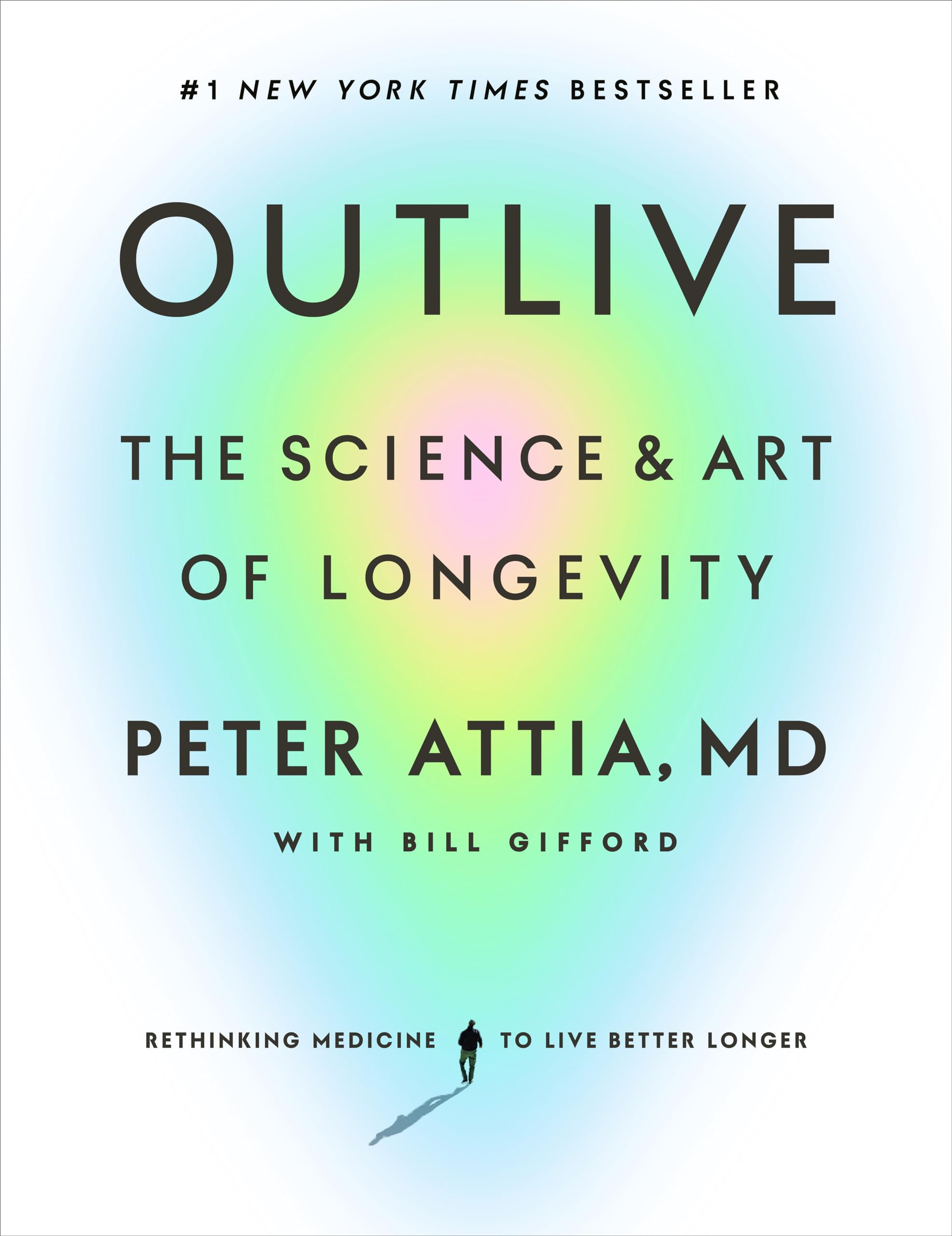Chapter 17: Work in Progress: The High Price of Ignoring Emotional Health
byChapter 17 underlines the importance of treating emotional and mental well-being with the same seriousness as physical health. Seeking assistance for psychological struggles is not a flaw but a responsible choice that fosters recovery. Many individuals hesitate to address their mental state due to societal misconceptions, yet disregarding emotional distress can be as detrimental as neglecting a severe physical condition. Emotional challenges arise from multiple sources, including inherited traits, past events, and surroundings, making it necessary to approach them with empathy instead of criticism. Recognizing these concerns as legitimate and substantial is the foundation of real progress.
In various situations, people feel compelled to maintain an outward appearance of stability despite carrying unresolved emotional burdens. Suppressing inner struggles does not eliminate them; instead, they linger beneath the surface, subtly influencing self-worth, personal interactions, and overall contentment. Ignored emotional pain can contribute to persistent mental conditions such as prolonged anxiety and mood disorders while also manifesting as fatigue, elevated stress, or sleep disturbances. Similar to how untreated physical ailments deteriorate over time, deeply buried emotions shape behaviors and perspectives, limiting personal fulfillment. Identifying when to seek guidance is a crucial step toward maintaining long-term psychological balance.
For me, The Bridge to Recovery represented a turning point that initiated my journey toward self-awareness and healing. Initially, I resisted the process, unwilling to confront emotions and past wounds that I had avoided for so long. However, I soon realized that postponing emotional work only intensified my distress and prevented true growth. Therapy taught me that genuine recovery requires dedication, patience, and the courage to face discomfort head-on. Over time, I understood that acknowledging pain is not a weakness but a sign of inner resilience and strength.
Engaging in structured therapeutic practices such as dialectical behavior therapy (DBT) and mindfulness gave me tools to reshape thought patterns and manage emotions effectively. These methods allowed me to regulate my reactions, strengthen communication, and develop a greater sense of self-compassion—essential elements in my overall healing process. With the help of trained professionals and encouragement from loved ones, I identified unhealthy coping mechanisms and replaced them with constructive habits. As I progressed, I realized that healing is not about erasing difficult experiences but about learning how to carry them without letting them define my future. Achieving emotional stability is not a singular milestone but an ongoing commitment requiring self-reflection and persistence.
Placing priority on mental well-being is just as essential—if not more—than caring for physical health because it impacts every aspect of life. The knowledge and coping techniques I have gained are not instant fixes but lifelong skills requiring continuous practice, similar to maintaining physical strength or managing ongoing medical conditions. Emotional resilience equips individuals to navigate obstacles with greater self-awareness, confidence, and stability. Establishing boundaries, processing emotions effectively, and cultivating self-care habits are crucial for leading a balanced and fulfilling life. Just as a person invests in their physical wellness through proper nutrition, movement, and medical attention, emotional health thrives through introspection, meaningful relationships, and professional assistance when needed.
Sharing my personal experience is my way of reinforcing the importance of recognizing when support is necessary and taking proactive steps toward recovery. Many individuals remain silent about their struggles, believing that reaching out indicates failure, but in reality, seeking assistance demonstrates courage and self-awareness. Expressing emotions and seeking professional intervention leads to transformation, growth, and a healthier mindset. Dismantling the negative stigma surrounding mental health and promoting open conversations about emotional wellness is key to fostering a compassionate and understanding society. Everyone deserves the chance to heal, evolve, and attain emotional harmony.
Ultimately, prioritizing psychological well-being is an act of self-respect and empowerment. The path to recovery is not about fixing something broken but about embracing change, self-discovery, and growth. Those who embark on this journey will recognize that true strength is not found in avoiding hardships but in developing the ability to overcome them with resilience and courage. Seeking guidance and nurturing mental well-being benefits not only the individual but also their relationships, ambitions, and overall quality of life. Although the journey requires effort, the rewards of emotional healing and personal awareness make it an invaluable endeavor.


